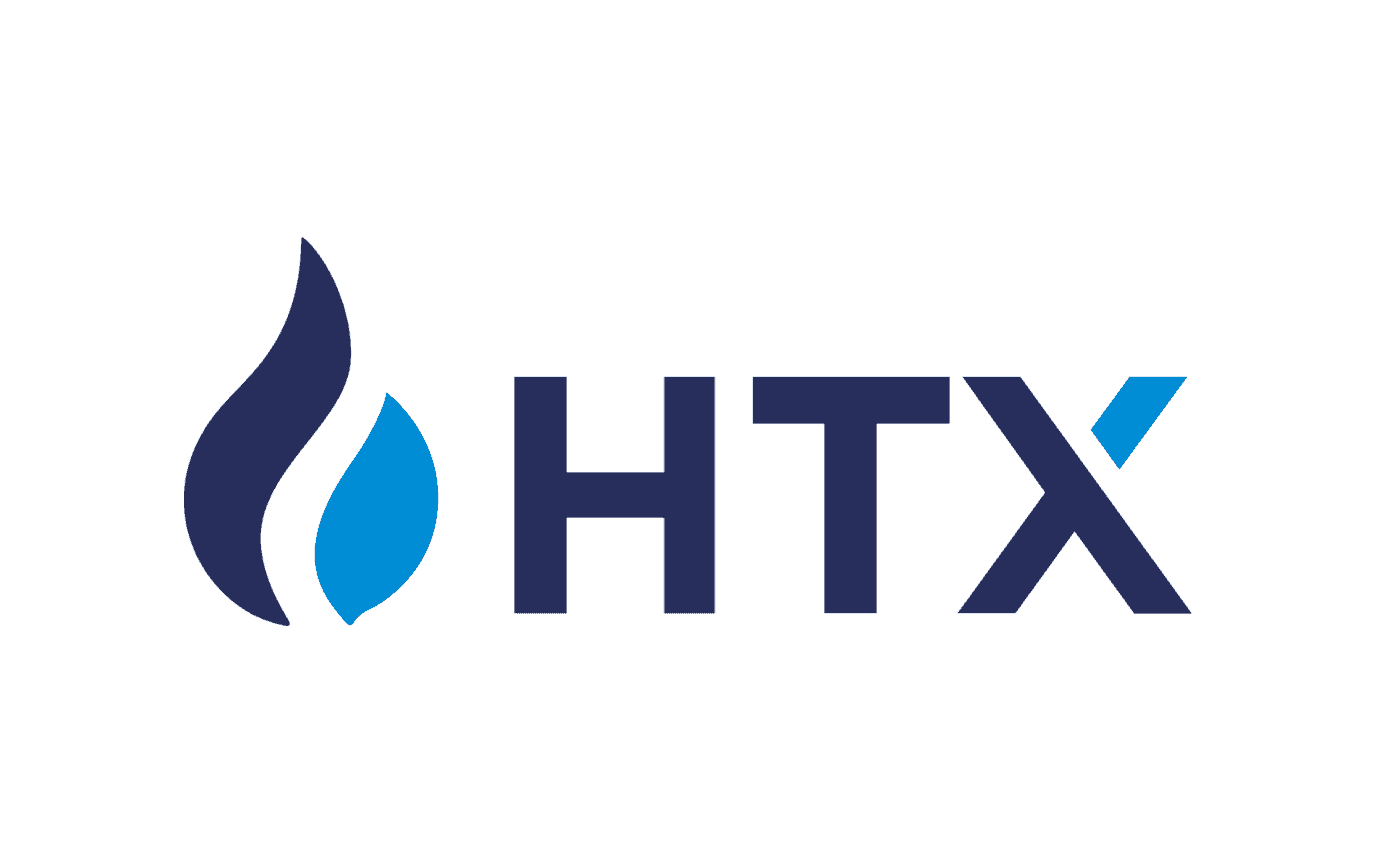Cryptocurrency trading continues to thrive in 2025, with platforms like HTX (formerly Huobi Global) vying for a spot among the top exchanges. Established in 2013, HTX has evolved from a China-based pioneer to a global player headquartered in Seychelles, serving over 50 million users across 170+ countries. This HTX Global review dives deep into two critical aspects for any trader: fees and security. Are HTX’s crypto exchange fees competitive? Does its security stack up for secure crypto trading? Whether you’re a beginner or a seasoned trader, this analysis will help you decide if HTX is worth your time and investment in 2025.
With a daily trading volume exceeding $4 billion (per CoinMarketCap), HTX remains a heavyweight in the crypto space. Its rebranding from Huobi to HTX in 2023 marked a new chapter, but its core offerings—spot trading, futures, staking, and more—still define its appeal. This article explores HTX’s fee structure, security protocols, and how it compares to competitors like Binance and Kraken, ensuring you have the insights needed for informed crypto trading.
What is HTX (Huobi) Global?
A Brief History
Founded in 2013 by Leon Li in Beijing, HTX (initially Huobi) quickly became a dominant force in China’s crypto market, once handling over 60% of global Bitcoin trades. China’s 2017 crypto ban forced a pivot, relocating its headquarters to Seychelles and expanding globally. By 2025, HTX operates in over 160 countries, with offices in Hong Kong, Japan, South Korea, and beyond—though it remains unavailable in the US due to regulatory hurdles.
Core Offerings
HTX is a centralized exchange offering:
- Spot Trading: Over 700 cryptocurrencies, including Bitcoin (BTC), Ethereum (ETH), and altcoins like XRP.
- Futures Trading: Up to 200x leverage on derivatives.
- Margin Trading: 5x leverage on spot markets for 80+ tokens.
- Staking and Earn: Passive income options with competitive APYs.
- HTX Token (HT): A native token for fee discounts and rewards.
This HTX Global review focuses on fees and security, but its broad features make it a versatile platform—albeit one with a steep learning curve for novices.
HTX Fees: A Detailed Breakdown
Spot Trading Fees
HTX employs a maker-taker fee model, a standard in crypto exchanges:
- Base Rate: 0.2% for both makers and takers (for 30-day volume under 5 million USDT).
- Discounts with HT: Holding HTX Token (HT) reduces fees by up to 25%, dropping them to 0.18%. Higher HT holdings or trading volumes (e.g., 15 million USDT) can lower fees to 0.04% taker and 0% maker.
- Comparison: Binance offers 0.10% base (0.075% with BNB), while Crypto.com starts at 0.075% with CRO staking. HTX’s 0.2% is higher than the industry average of 0.1%, per CoinGecko.
For casual traders, HTX’s Huobi fees may feel steep, but high-volume traders benefit from tiered reductions.
Futures Trading Fees
Futures trading is more cost-effective:
- Maker: 0.02%.
- Taker: 0.05%.
- Discounts: Using HT or hitting VIP tiers (e.g., 50 million USDT volume) slashes fees further.
Compared to Bybit’s 0.01%/0.06% or Binance’s 0.02%/0.05%, HTX holds its own in derivatives trading—a plus for advanced users in this HTX Global review.
Deposit and Withdrawal Fees
- Deposits: Free for crypto; fiat deposits via bank transfer incur a small fee (~$1, varying by currency).
- Withdrawals: Crypto-specific, e.g., 0.0005 BTC (
$30 at 2025 prices), 0.005 ETH ($15), or $0.5–$1 for USDT (TRC20). No fiat withdrawal fees are detailed, as fiat options are limited.
Compared to Kraken’s 0.00001 BTC withdrawal fee (~$0.60), HTX’s withdrawal costs are higher, a potential drawback for budget-conscious traders.
Other Costs
- Margin Trading: 0.2% trading fee plus daily interest (e.g., 0.02% on BTC loans).
- P2P Trading: Zero fees, making it attractive for fiat-to-crypto conversions.
This HTX Global review finds its fees competitive for futures and P2P but less so for spot trading and withdrawals compared to peers.
HTX Security: How Safe Is It?
Security Features
Security is paramount in crypto, and HTX emphasizes robust protections:
- Cold Storage: 98% of user funds are kept offline in multi-signature cold wallets, minimizing hack risks.
- 2FA: Mandatory two-factor authentication via app or YubiKey.
- Security Reserve: A 20,000 BTC fund (worth ~$1.2 billion in 2025) to cover losses from breaches.
- Proof of Reserves: Regular Merkle Tree audits ensure 1:1 asset backing, published transparently.
- Anti-DDOS: Defends against service disruptions.
HTX also complies with ISO 27001 and SOC 2 standards, reinforcing its secure crypto trading credentials.
Security Track Record
HTX’s history isn’t spotless:
- 2023 Hack: A $8 million (5,000 ETH) breach hit HTX’s hot wallet, per posts on X. Funds were reimbursed, and HTX offered the hacker a 5% bounty plus a job—showing proactive damage control.
- Heco Bridge Incident: Also in 2023, a related $85 million loss (unconfirmed by HTX) raised concerns, though HTX covered affected users.
Since these incidents, no major breaches have been reported by March 2025, suggesting improved resilience. Compared to Binance’s 2019 $40 million hack, HTX’s security measures appear competitive.
Regulatory Status
HTX operates from Seychelles, an offshore hub with lax oversight, raising flags for some. However, it holds licenses in:
- Lithuania: Virtual Currency Exchange Operator.
- Dubai: VARA compliance.
- Australia: AUSTRAC registration.
It’s banned in the US, UK, China, and Singapore due to regulatory restrictions, limiting its reach but not its security focus, per this HTX Global review.
HTX vs. Competitors: Fees and Security Compared
| Exchange | Spot Fees (Maker/Taker) | Futures Fees | Withdrawal (BTC) | Security Highlights | US Availability |
|---|---|---|---|---|---|
| HTX | 0.2%/0.2% (0.18% w/ HT) | 0.02%/0.05% | 0.0005 BTC | 98% cold storage, 20,000 BTC reserve | No |
| Binance | 0.10%/0.10% (0.075% w/ BNB) | 0.02%/0.05% | 0.0002 BTC | SAFU fund, 90% cold storage | Yes (Binance.US) |
| Kraken | 0.00%–0.25%/0.10%–0.40% | N/A | 0.00001 BTC | Never hacked, 95% cold storage | Yes (47 states) |
| Crypto.com | 0.075%–0.40% | N/A | 0.0006 BTC | $750M insurance, 100% cold | Yes |
HTX’s higher spot fees and withdrawal costs lag behind Binance and Kraken, but its futures fees and security reserve rival top players.
User Experience and Accessibility
Interface
HTX’s platform splits into:
- Basic: Simple spot trading via the app (4.5/5 on iOS).
- Pro: Advanced tools (futures, margin) with TradingView integration.
Beginners may find it overwhelming, unlike Coinbase’s streamlined design, per Coinbase reviews.
Availability
HTX serves 170+ countries but excludes the US, UK, and China. Full KYC is required, which may delay onboarding but enhances security.
Support
24/7 live chat and email support are available, though Trustpilot (2.8/5) notes slow responses—a weak spot in this HTX Global review.
Pros and Cons of HTX in 2025
Pros
- Security: 98% cold storage and a hefty BTC reserve ensure secure crypto trading.
- Futures Fees: Low costs (0.02%/0.05%) attract derivatives traders.
- Coin Variety: 700+ assets for altcoin fans.
- P2P: Zero-fee fiat trading.
Cons
- Spot Fees: 0.2% base is pricier than Binance or Crypto.com.
- US Ban: No access for American traders.
- Past Hacks: 2023 incidents dent trust, despite reimbursements.
- Complexity: Steep learning curve for novices.
Should You Use HTX in 2025?
Ideal Users
- Advanced Traders: Low futures fees and 200x leverage suit pros.
- Altcoin Hunters: 700+ coins offer variety.
- Non-US Traders: Global reach (outside restricted regions) fits many.
Who Should Avoid?
- Beginners: High fees and complexity may overwhelm, favoring Coinbase.
- US Traders: Regulatory bans force alternatives like Gemini.
- Budget Traders: Withdrawal fees sting small portfolios.
Conclusion: HTX Global Review Verdict
This HTX Global review reveals a platform with strengths and trade-offs in 2025. Its Huobi fees—0.2% spot, 0.02%/0.05% futures—are competitive for derivatives but lag for spot trading compared to Binance’s 0.075% or Crypto.com’s 0.075%. Security shines with 98% cold storage, a 20,000 BTC reserve, and no major breaches since 2023, though its Seychelles base and past hacks temper absolute trust. For advanced traders outside the US, HTX’s depth and low futures costs make it a solid pick. Beginners or cost-sensitive users might prefer simpler, cheaper options.
Test HTX with small trades to gauge its fit for your secure crypto trading needs in 2025—its strengths may outweigh its quirks for the right user.
If you’re curious to learn more, don’t hesitate to check out other helpful categories on Exchainer. You can dive into Crypto 101, explore Exchange Reviews, get the latest updates in News, or find the best tools and wallets in Tools and Wallets. Happy learning and stay safe out there!






